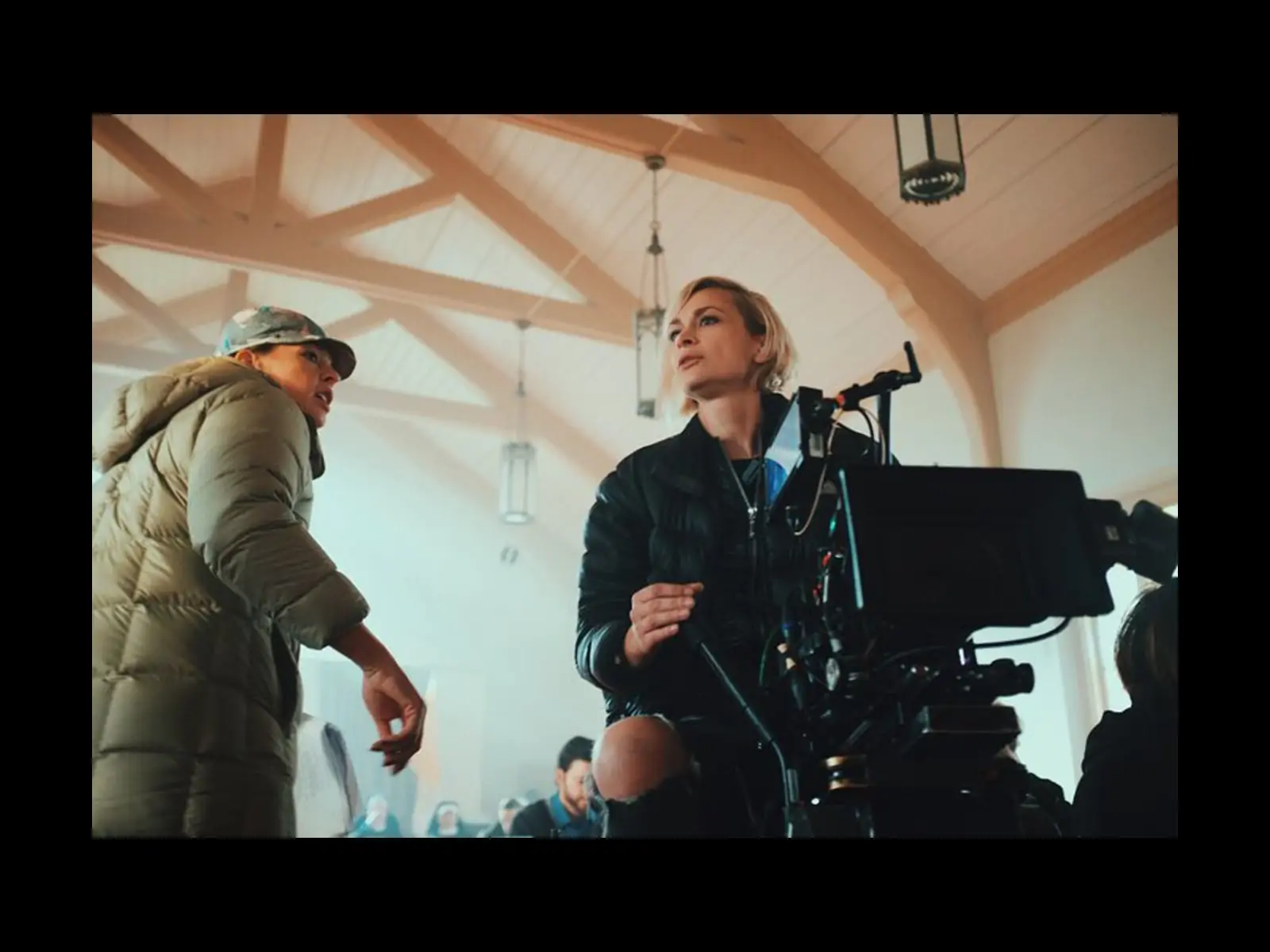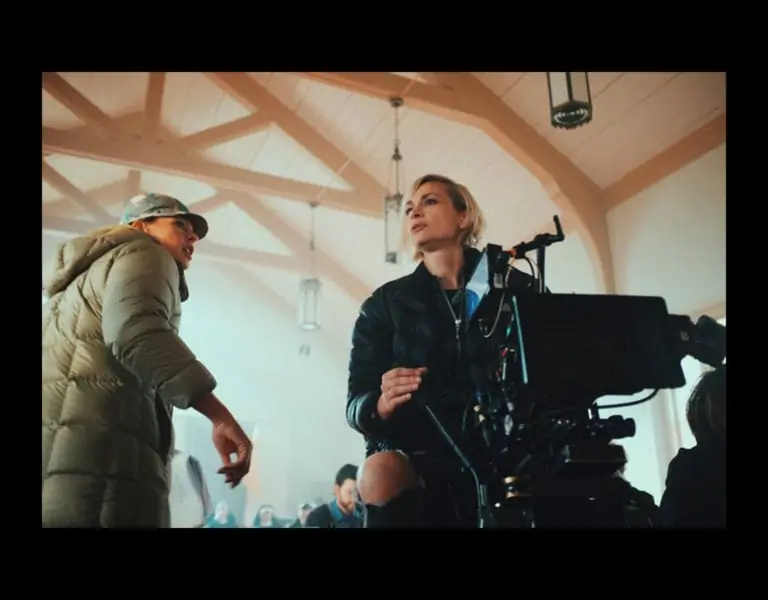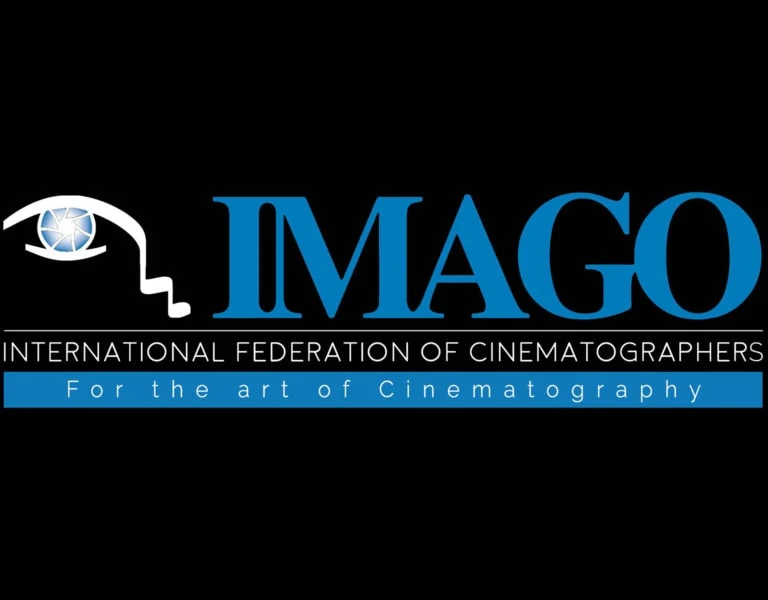
IMAGO’s Working Conditions Committee has released the following statement:
“Halyna Hutchins was a highly qualified cinematographer, wife, and mother with a zest for life and enthusiasm for her job, who died because the safety measures on a set were catastrophically neglected! This fits perfectly into the picture of filming, in which some union members of the crew walked off to protest unpaid wages and housing conditions. Non-union crew were brought in to replace them. This allowed the inhuman and exploitative shooting to continue.
In the international film business, tragic accidents like this are no longer isolated cases. Fatigue and exhaustion due to long days of filming and insufficient rest periods have already led to numerous accidents during and after filming. It is therefore high time to demand that filmmakers not only receive fair pay but also lifefriendly and family-friendly working conditions. The health risk from the pressure and the need to accept extremely extended working hours simply cannot be accepted any longer!
Billions in sales are made in the film and audiovisual industries. It is a great shame that the people who make this incredible added value possible through their work, find unbearable production conditions!
A current Austrian study on the world of work in filmmaking has shown that burnout and anxiety disorders have increased extremely in our industry. For fear of losing their jobs, most of the crew members are neither willing nor able to stand up for the rights to which they are entitled. Practice has shown that this fear is unfortunately all too justified. This downward spiral needs to be broken!
This requires strong professional representations and unions, which also offer their members protection from the greed driven arbitrariness of the production companies, television companies and streaming platforms. All of these require audiovisual content on an ongoing basis, which must also be always made available. They are therefore dependent on the work of the crews!
Unfortunately, filmmakers hardly notice this reversal of dependency, because if that were the case, they would be able to enforce their rights much more effectively. Conscious of this power, they could strengthen their bargaining power through solidarity-based work stoppages. The prerequisite for this, however, is that filmmakers also learn to live solidarity, which is not made easy in times of consciously controlled isolation. The old principle: “Divide and rule” has become a powerful tool in an industry that is determined by profit and shareholder value.
Isolation combined with self-optimisation to survive in merciless competition with others must no longer remain the basis of our working world. Filmmakers prove through their work in a team that the interaction of many ultimately leads to a great result. This principle of collegial cooperation could also serve as a model because filmmaking has always been the blueprint for a future world of work.
IMAGO as the international Federation of Cinematographers is fully committed to the basic idea of collegial cohesion. With this in mind, we also support filmmakers worldwide in asserting their rights. At the same time, we encourage them to show solidarity in strong professional associations and unions.
The death of a cinematographer cannot have been in vain!”
Kurt Brazda AAC Chair,
IMAGO Working Conditions Committee










